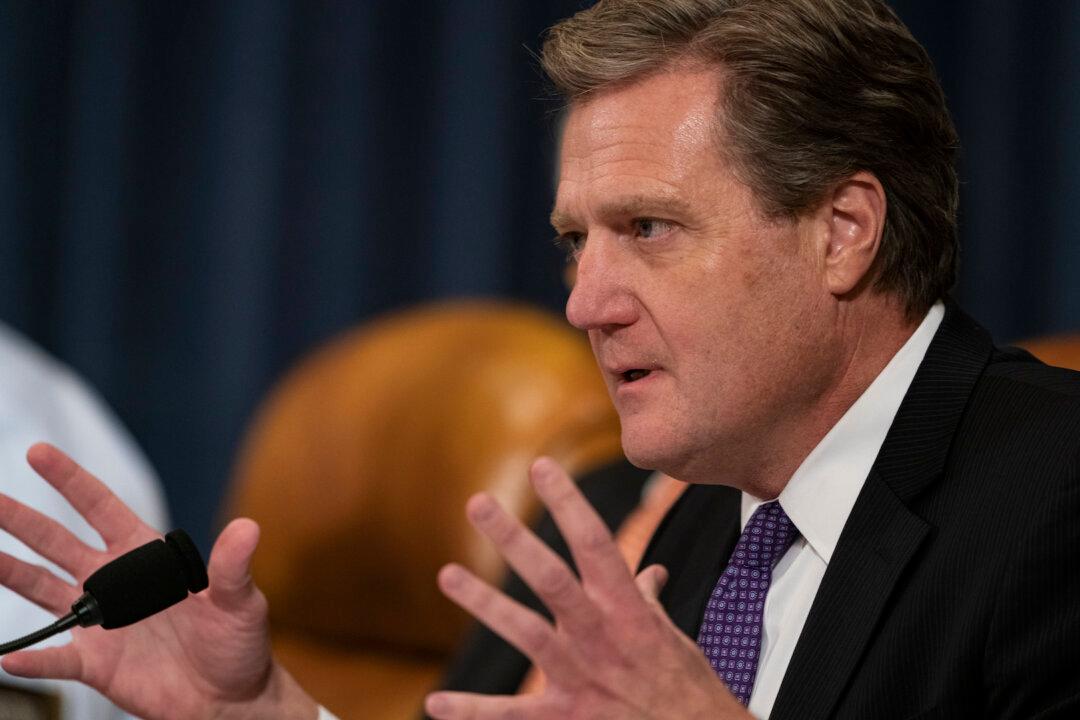Congressman Mike Turner (R-Ohio) has introduced legislation to ensure oversight and transparency of all grantees and subgrantees who are awarded funds for research grants from the National Institutes of Health (NIH) in the wake of growing concerns that the CCP (Chinese Communist Party) virus pandemic may have been caused by a man-made virus escaping from a Chinese lab that received U.S. funding.
The EMPOWER NIH Act was authored in response to a lack of oversight for grants provided to nonprofit EcoHealth, which then gave those research funds to the Wuhan Institute of Virology (WIV).





